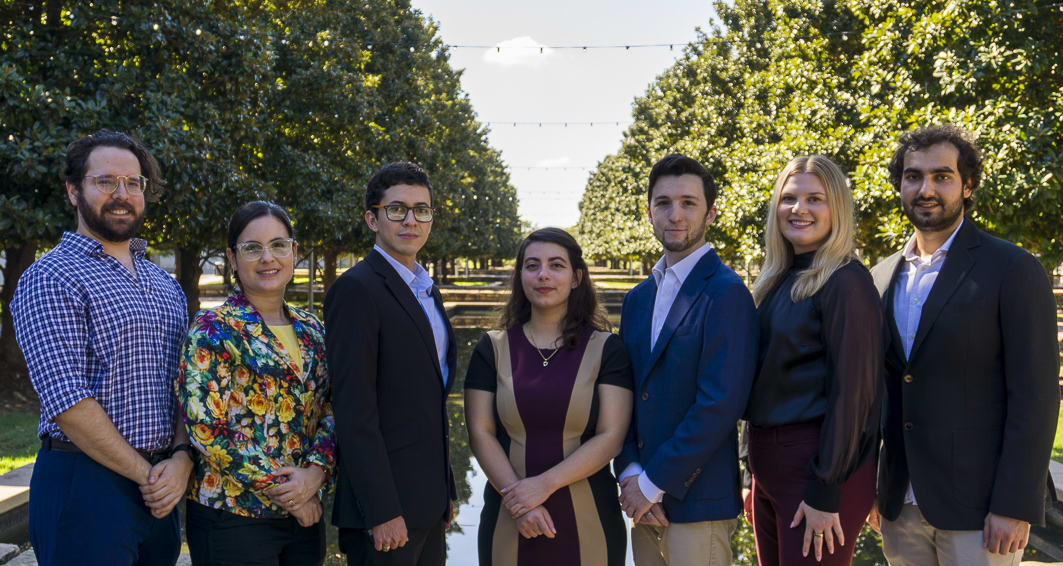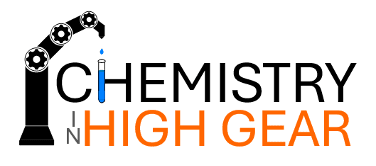This project is now in update mode. Check back regularly to see how things are progressing.
Support Travel Grants to 2025 ACS Symposium
 The Graduate Student Symposium Planning Committee is a program lead by the American Chemical Society (ACS) Division of Chemical Education (CHED) with the aim of bringing together graduate students and leaders in scientific research to explore and discuss advances in the scientific community as well as to foster increased graduate student involvement at a national level.
The Graduate Student Symposium Planning Committee is a program lead by the American Chemical Society (ACS) Division of Chemical Education (CHED) with the aim of bringing together graduate students and leaders in scientific research to explore and discuss advances in the scientific community as well as to foster increased graduate student involvement at a national level.
Since its establishment in 2005, the GSSPC has consistently provided a platform for cross-disciplinary communication, collaboration and engagement among scientists at various career stages. The symposiums are historically a student-organized day-long event held semiannually during the ACS National Meetings,  drawing around 200-250 attendees from academia and industry.
drawing around 200-250 attendees from academia and industry.
Toward advancing this objective, we have been selected to host a symposium entitled “Chemistry in High Gear: Driving the Future with High-Throughput Experimentation” to be held at the American Chemical Society (ACS) National Meeting in Washington, DC on Aug 17-21. We aim to bring together a diverse group of speakers from academia and industry to provide a platform for sharing insight, best practices and challenges related to HTE techniques and applications. The ultimate goal of the symposium is to foster the widespread adoption of HTE strategies through interdisciplinary collaboration, the exchange of knowledge and creating opportunities for networking and professional development.
One of the major goals of our symposium is to fund student travel grants to make our symposium and the greater ACS national meeting more accessible to disadvantaged groups. Therefore, we aim to fund four travel grants (two for undergraduates and two for graduate students) of $500 each (totaling $2,000), to alleviate the financial burden of students attending and participating in the conference.
 The national ACS meetings and student hosted symposiums are an excellent opportunity for students from all backgrounds to integrate themselves into the greater chemistry community through networking and the exchange of knowledge. However, for many students, the financial burden of travel and lodging, alongside the lack of available scholarships make attending the conference challenging. This holds particularly true for international and minority groups, who rarely qualify for government or institutional funding opportunities. We hope that by providing funding, we can help students who otherwise wouldn’t be able to attend the conference.
The national ACS meetings and student hosted symposiums are an excellent opportunity for students from all backgrounds to integrate themselves into the greater chemistry community through networking and the exchange of knowledge. However, for many students, the financial burden of travel and lodging, alongside the lack of available scholarships make attending the conference challenging. This holds particularly true for international and minority groups, who rarely qualify for government or institutional funding opportunities. We hope that by providing funding, we can help students who otherwise wouldn’t be able to attend the conference.

